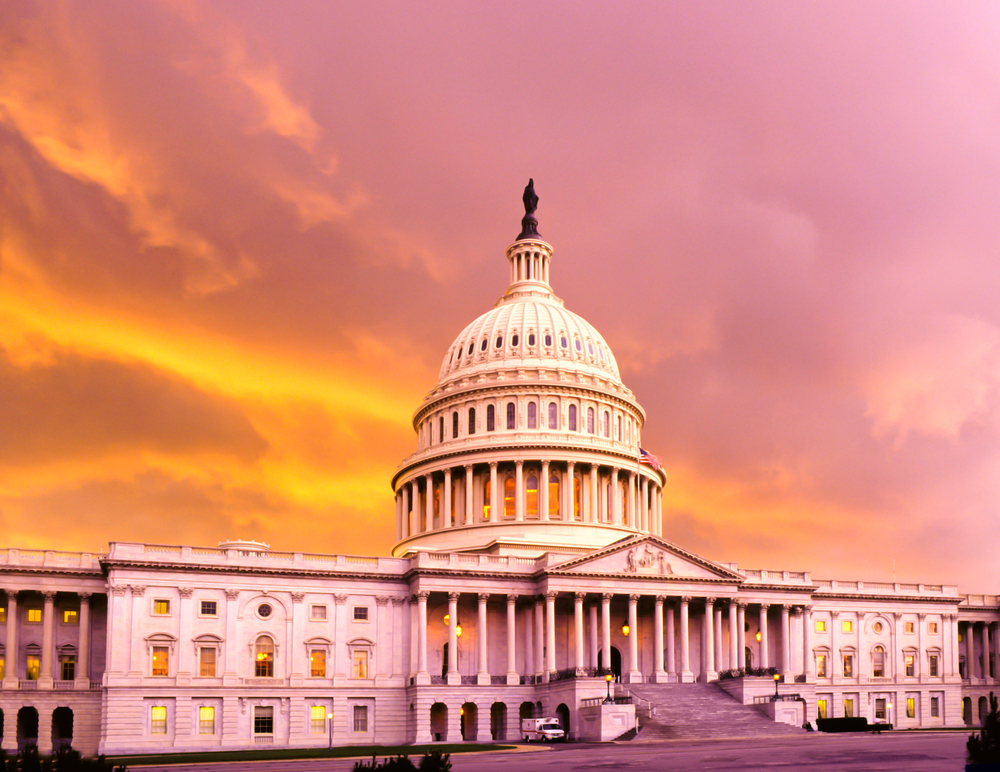The recent Facebook congressional hearings on the (mis)handling of customer data has impassioned many of its users. The hearings themselves made a few things clear, and the public response shined light on a growing trend in a blockchain world: people want greater control over their data.
Congressional Facebook Testimony Underscores Need for Blockchain Technology
The facts are these: Facebook makes its money through ads, and those ads are worth more money if Facebook can provide information (freely offered by its users through a Terms of Service that they didn’t read) to tailor those ads. I can’t blame Facebook for wanting to make money; that’s just business. However, it should be no surprise that upon realizing just how much of their data was sold and to whom, users would want to change the relationship.
Obviously one way is to stop using Facebook, but that’s hard to do. There are many distant friends and family on there, and some users rely on Facebook for communication.
Blockchain technology is uniquely positioned to help all users take more control over their own identities, sharing only the data they want, or the data necessary to identify them for a given situation, without over-credentialing themselves.
There is a serious need to educate lawmakers on privacy issues, the internet, and the intersection of these two worlds
One of the most encouraging things about the hearing, for me, was that it happened at all. While it was frustrating to hear the senators and congresspeople flounder their ways through this new world, I was happy to see effort being put in to try to better understand it, even if their approach was slightly accusatory.
These hearings need to happen more often, on more topics, and at greater length and depth – particularly when it comes to privacy and (in my opinion) blockchain technology. Privacy is considered a basic human right, and you should be able to control your information.
A Return to Responsibility: Enter the Blockchain
Blockchain technology offers the opportunity to protect your identity and self-agency in two significant ways: 1) as I’ve described above, information is not only hashed, but also modular, with the ability to only share relevant information, and 2) in learning about blockchains and cryptocurrency, people generally are willing to accept the onus of their own responsibility (after they get over that mental shock).
As an anecdotal piece of evidence, prior to really starting to learn about blockchain technology years ago, I was less concerned with how my data was collected, stored, and sold. Whether it was from ignorance or just being a dumb teenager/young adult, it just didn’t matter as much to me. Learning about blockchain technology, I think, was really what made me realize just how important it was to control my data – since it meant control of myself.
Social media isn’t evil, companies need to make money, and you need to be responsible for yourself
While it’s hard to have sympathy for Facebook in this situation, I do feel a lot of hurt feelings and harsh realizations could have been avoided through a more serious consideration of one’s responsibility to protect one’s identity and data. This was as much on the users as it was on Facebook, maybe even more so. As with all things in life, do your own research, understand who you’re giving access to your information, and demand better.

